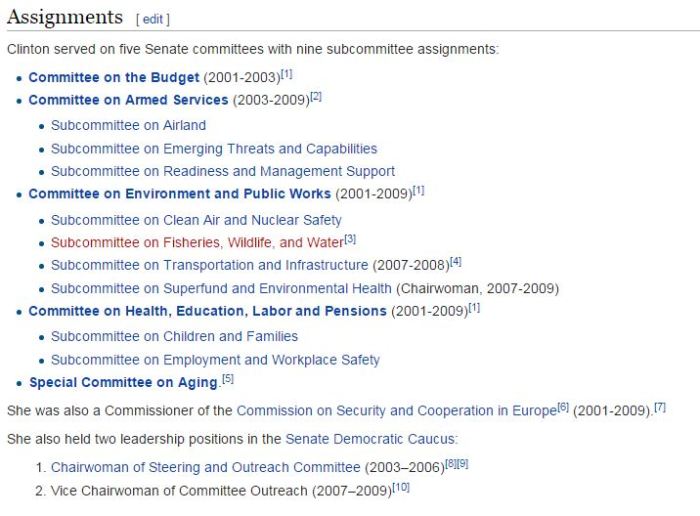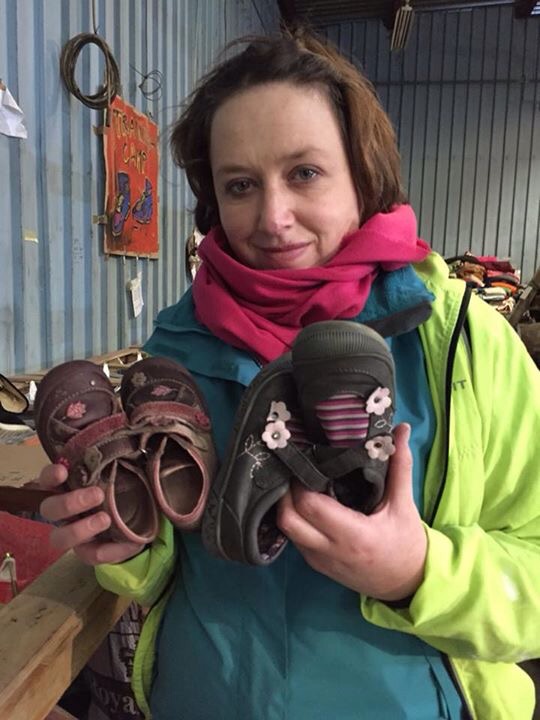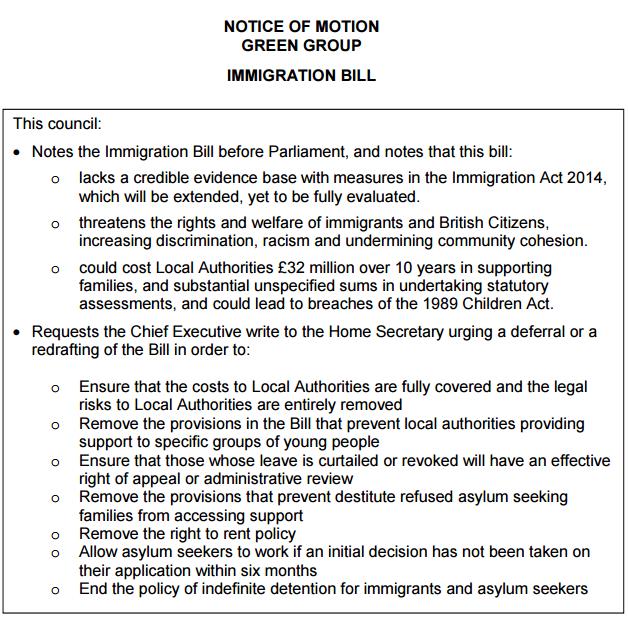Watching the Labour Party leadership election, and the Democrat Presidential process I am struck by one disturbing factor and it is a factor I will strain every political muscle I have to resist becoming tolerated and “normal”.
For me the western centre left parties have allowed a “burn the witch” purity style examination of our female contenders.These are two examples of purity indexes used by left wing campaigns for an older male candidate (aka “proper socialists”) to discredit moderate left wing female candidates. I saw many more like this over the last year … kind of ‘hashtag fact politics’.
You will see that the indexes are made up of largely privacy and data based policies, global conflict and pseudo-policy positions barely disguised.
Turning to Hillary’s purity index created especially for her… largely the same cherry picking of issues largely related to the balance between privacy and security.. and once again, global conflicts.
Unless we are to become a pacifist party (I acknowledge that some members would like that), and we want experienced candidates …they are likely to have at some stage been involved with decision making around war and interventions.
Unless we are going to say privacy is just always FAR more important than security , they are likely to have delivered measures that compromise our privacy or be willing to.
The nuances are completely lost in these indexes. And, in a debate that becomes just facile and over simplistic
Why do I think this is a gender issue?
Because in both Yvette and Hilary’s case they have considerably more experience than their counterparts.
Yvette Cooper was the first woman ever to serve as Chief Secretary to the Treasury, she served as Minister for Work and Pensions and as Shadow Foreign Secretary and Shadow Home Secretary.
Hilary Clinton’s has achieved huge things for the USA:
- Created the Children’s Health Insurance Program. CHIP cut the uninsured rate of American children by half, and today it provides health care to more than 8 million kids.
- As secretary of state, Hillary made LGBT rights a focus of U.S. foreign policy. She lobbied for the first-ever U.N. Human Rights Council resolution on human rights and declared that “gay rights are human rights.”
I have snipped from wiki a list of posts she has held:

.
And, lets not ignore how blatantly biased these purity indexes are. No mention of the work of Hillary on Black Lives Matter, her position on health care nor, a comparison of positions on gun control. Nothing on the very many achievements of Yvette like Sure Start centres for example.
And, frankly the economy still matters most to the vast majority of us…not privileged enough to be above such mundane things…neither purity index really addresses this which is probably the most important element of being a successful candidate beyond the party.
It’s legitimate to compare candidates but lets do it on issues that matter most to real people. Let’s include actual experience. Actual political achievements that have made a difference to people’s lives.
Why do I think this is a gender issue?
Because, in spite of the fact she lost, people are still attempting to bully Liz Kendall out of the party. They will fail. Because she is pretty tough.
Read more here (Telegraph) .
And, unlike Liz, Burnham isn’t on a fire for having had the cheek to stand. Indeed he has as many fails or more, on the purity test above but his failures of purity are completely overlooked.
But I am crying out for a leadership that makes politics better for women candidates, safer for women candidates because right now…it remains hostile. And whilst women in the party see that, they know that the cost of losing the argument is being put on the fire to see if we burn.
Jess Phillips has been outspoken on these issues and she is right. Yvette has said it too. So has Liz. So have many Labour women I know.
We are telling the men of our party that if you aren’t actively challenging this behaviour: You are part of the problem.
You *can* legitimately move our party leftwards…but you can’t do it with legitimacy at the expense of women’s voices.
Why do I think this is a gender issue?
Because I get told that my focus on supporting our party to have more women in leadership positions is reverse sexism, biased, and even shallow.
And why am I saying it today? Because one comment broke the camel’s back. If I say I am proud to see a woman in contention, it’s not okay to belittle that.
Seeking gender equality in our party’s key positions is not reverse sexism.
Why hasn’t our party yet found a woman good enough to be leader? Is it really because none of us are left wing enough. We can’t find one that is as good? There just isn’t the talent?
Maybe, or maybe we have a structural inequality that is becoming more, not less entrenched.
Gender equality as vital a struggle as any other fairness we champion.































